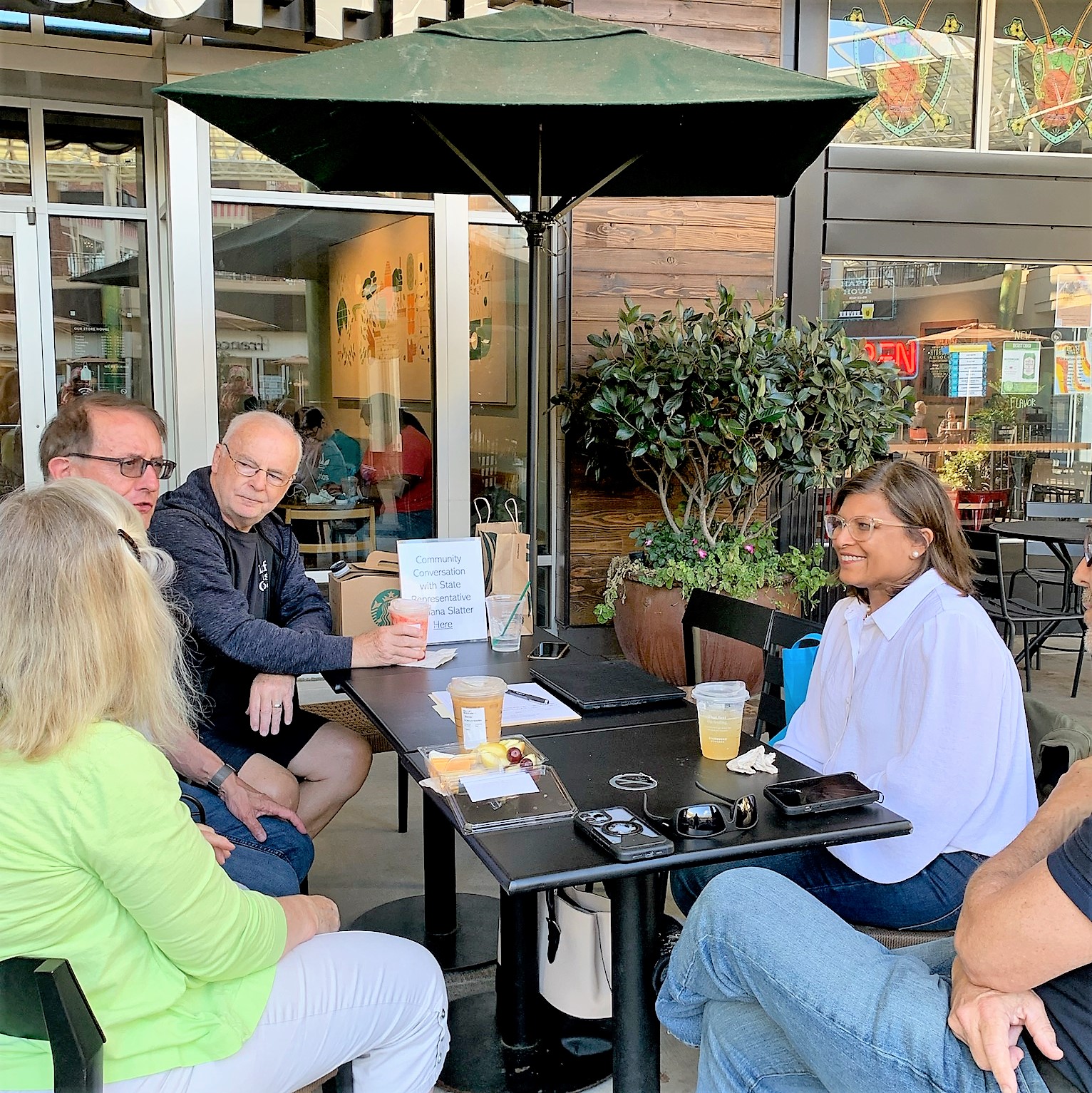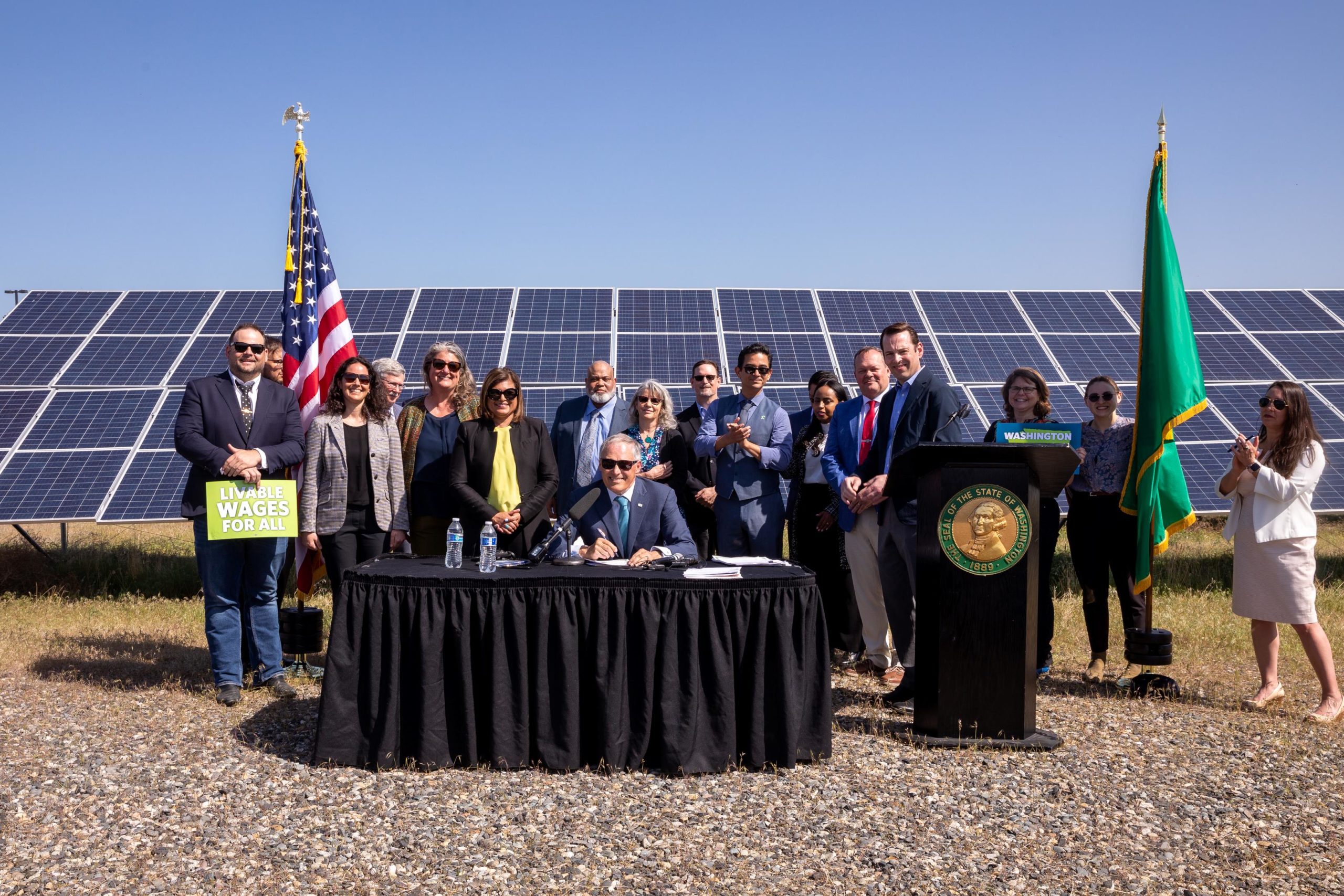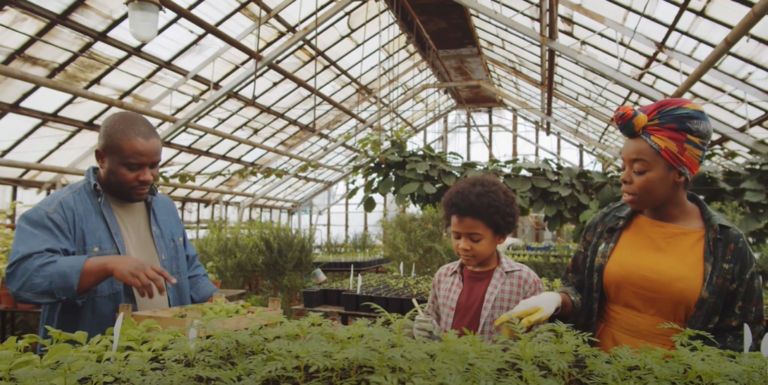Dear neighbors,

I hope you are all staying cool and hydrated during this heat wave. We had an engaging Community Conversation on August 9th at the Redmond Town Center Starbucks! Thank you to those who stopped by. It was great meeting you and I sincerely enjoyed our discussions centering around higher education access, tax policy, behavioral healthcare, transportation, and other issues that matter most to you!
If you weren’t able to make it to our Community Conversation earlier this month, please consider stopping by August 23rd to Woods Coffee in Bellevue at 6 pm. More information can be found on my Facebook page.
As summer begins to draw to a close, I encourage you to remain engaged and share your priorities. The feedback we receive helps inform our priorities for the upcoming legislative session.
Climate Resiliency & Our Environment
Climate change will cause huge damage to the world, and especially our way of life in the Pacific Northwest. Reducing greenhouse gas emissions and improving resilience against the impacts of climate change (HB 1170, HB 1329) can ensure continued economic stability and preserve the natural beauty of our state. By implementing strategies to reduce greenhouse gas emissions and prepare for the impacts of climate change, we can ensure a more resilient future for ourselves and the next generations.
Electrifying the state (SB 5165), reducing greenhouse gas emissions by decarbonizing state energy systems (HB 1390), and keeping our environment and communities safe from toxic cosmetics and providing safe battery recycling programs (HB 1047, SB 5144) have been major successes for environmental legislation this year.
Establishing the Climate Corp Network
Over the years, I’ve heard the question from many of our neighbors: how can I be more involved in reducing climate change? I’m proud to share that last session, we created a new way for Washingtonians to get involved! Earlier this summer, the Governor signed House Bill 1176 into law, at the Horn Rapids Solar Farm in Richland, establishing the Washington Climate Corp Network.

As I’ve mentioned earlier in this newsletter, climate change remains one of the greatest challenges facing the state and service programs (AmeriCorps in particular) provide a unique opportunity to mobilize young adults and veterans, especially from overburdened communities and vulnerable populations to build clean energy and climate-resilient communities, economies, and ecosystems.
The creation of the Washington Climate Corps Network (WCCN) acknowledges climate change as one of our state’s greatest challenges and recognizes that service provides a unique opportunity to address that challenge. Young adults (17-31) and veterans serving as WCCN members will participate in climate resilience activities: strategies, activities, or plans that seek to help communities prepare for and adapt to the effects of climate change.
Serve Washington has opened a request for grant applications for service programs, like AmeriCorps, to participate in the WCCN. Awarded programs will work to build low-carbon and climate-resilient communities, ecosystems and economies while providing education and career pathways to WCCN members.
Visit this website to learn more about the Network, this funding opportunity, and how to get involved. If you would like information about hosting an AmeriCorps member, how to connect with or support a WCCN program, or are interested in serving as a WCCN member, please sign up for this mailing list or visit the WCCN page.
Good News for Local Food Producers
In 2021, I traveled to Denmark with colleagues to learn about how Washington could increase the sustainability and economic value of our agricultural sector through industrial symbiosis principles. During the 2022 session, we passed a proviso directing WSU to partner with the Center for Sustainable Infrastructure (CSI) to develop recommendations and build on our success of converting energy, water, and organic wastes into valuable products. The results of this study have been recently released and demonstrate exciting opportunities for local farmers and food producers to reduce costs and find new revenue sources from agricultural byproducts or waste.

The practice of Agriculture Symbiosis, where waste can be exchanged and repurposed for profit, offers important benefits for improving the economics of food production and our environmental quality. Local dairy, potato processors, and produce businesses featured in the study have already seen benefits from adapting their operations. For more information on the study, technologies used in the projects, or general questions related to agriculture symbiosis, please contact my office or visit: https://www.sustaininfrastructure.org/ag-symbiosis.
Stay In Touch
Our district is fortunate to have engaged citizens who actively participate in the public process. Please continue to stay in touch by following my facebook page or by sending me an email. Thanks for all you do!
In Service,

State Representative Vandana Slatter

